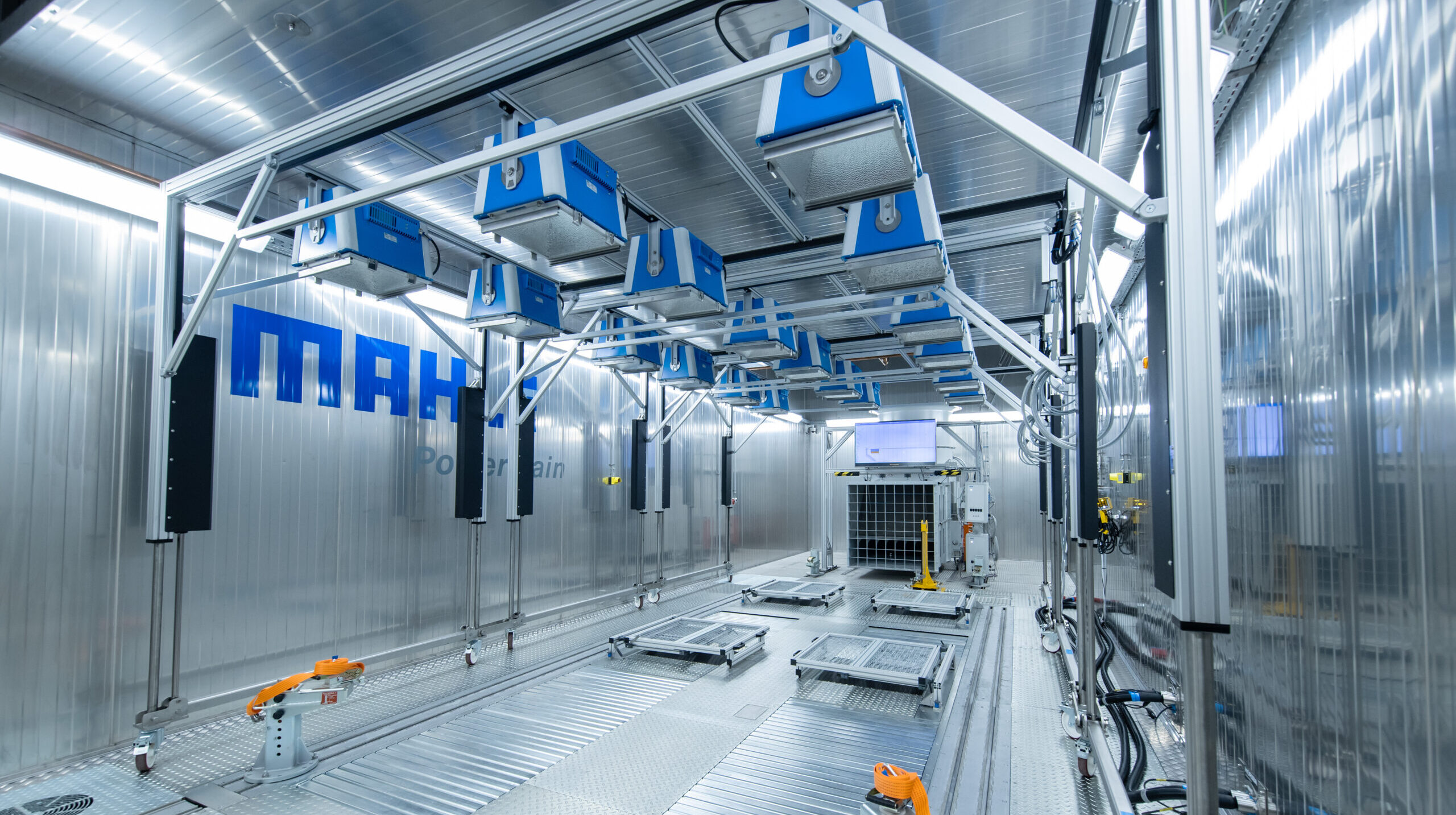Mahle Powertrain Expands Northampton Facility for Hydrogen Powertrain Testing
Key Ideas
- Mahle Powertrain in Northampton is expanding its facility to include hydrogen powertrain testing, supporting both light and heavy-duty applications.
- The facility will work on developing an H2-ICE concept to convert heavy-duty diesel engines to hydrogen combustion, aiming to transition to net-zero mobility.
- The hydrogen supply system at the facility follows BCGA guidelines, and each test cell is equipped with monitoring systems for safety and handling of potential gas leaks.
- The expansion is driven by customer demand, allowing rigorous testing on heavy-duty engines and their weight and torque characteristics.
Mahle Powertrain, the engineering subsidiary of the Mahle Group, is enhancing its Northampton facility to specialize in hydrogen powertrain testing. This expansion includes the capability to hold two tube-trailers on-site for hydrogen supply with rapid switch-over functionality. The facility features upgraded engine dynamometers with a 900kW, 4,000Nm capacity to meet the increasing demand for hydrogen powertrain development for light and heavy-duty applications. Currently, the facility is utilized for developing hydrogen fuel cell systems, hydrogen combustion engines, and testing hydrogen-fueled vehicles. Mahle Powertrain plans to start work on developing an H2-ICE concept to convert heavy-duty diesel engines to hydrogen combustion, utilizing existing infrastructure for a smoother transition to net-zero mobility without complete engine replacement. According to Simon Reader, the director of global engineering services at Mahle Powertrain, hydrogen combustion engines are becoming popular in off-highway, heavy-duty, and marine sectors for decarbonization where electrification may not be suitable. The hydrogen supply system at the facility complies with BCGA guidelines, and safety measures include monitoring systems in each test cell to manage potential gas leaks. The facility's expansion is a response to high customer demand, enabling it to conduct rigorous testing on heavy-duty engines with their specific weight and torque requirements.
Topics
Fuel Cells
Fuel Cell Systems
Decarbonization
Powertrain Testing
Heavy-duty Applications
Facility Expansion
Engine Dynamometers
Net-zero Mobility
British Compressed Gases Association
Latest News
